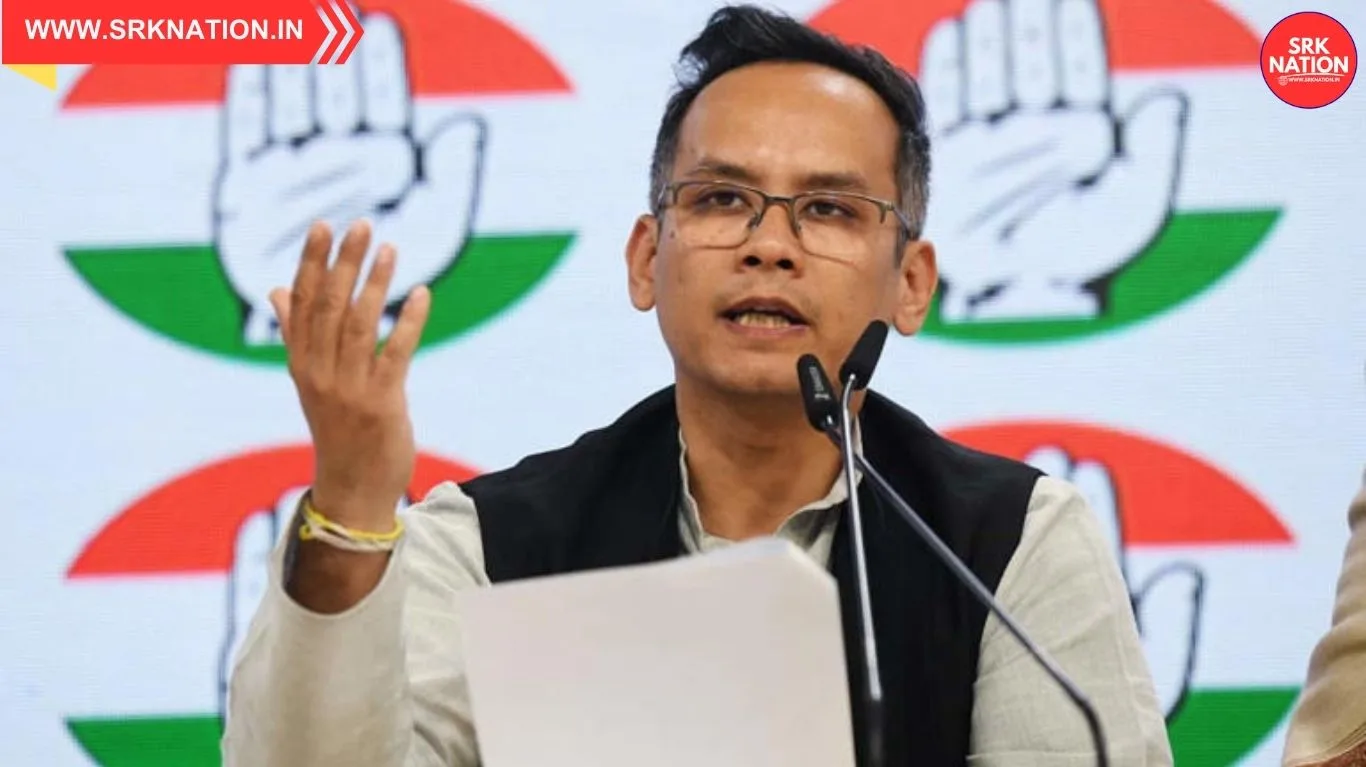The Congress party has approached the Assam Human Rights Commission (AHRC), raising strong objections to what it calls forced evictions and widespread human rights violations in the state. The move has sparked an intense political and social debate in Assam, where large-scale eviction drives have already displaced thousands of families over the past few years.
The party has accused the state government of disregarding human rights norms, carrying out evictions without proper rehabilitation measures, and disproportionately targeting marginalized communities. The issue, already contentious, has now taken on greater political significance with Congress formally seeking intervention from the AHRC.
Evictions in Assam: A Growing Flashpoint
Assam has witnessed several eviction drives in districts like Darrang, Nagaon, Hojai, and Sonitpur, where families were reportedly uprooted from government and forest lands. Authorities claim the operations are part of efforts to free encroached land for agricultural projects, infrastructure, and environmental conservation.
However, opposition parties and civil society organizations argue that the evictions have caused immense hardship, particularly for poor farmers, daily wage workers, and marginalized groups who had settled on these lands for decades.
Congress’ Plea to the AHRC
Congress leaders, while submitting their memorandum, emphasized the following points before the Assam Human Rights Commission:
- Human rights violations during eviction drives, including excessive use of force.
- Lack of rehabilitation and resettlement for displaced families.
- Targeting of vulnerable groups, including minorities and tribal communities.
- Disruption of education and livelihoods, especially for children and women.
The party urged the AHRC to conduct an independent investigation into the eviction drives and recommend corrective measures, including halting future evictions without rehabilitation.
Government’s Stand
The Assam government has defended its eviction drives, asserting that they are carried out legally and in accordance with court orders. Officials argue that illegal encroachments on government land, forests, and agricultural projects must be removed to serve the greater public good.
According to state officials, many of the evicted lands are being reclaimed for state-led agricultural projects aimed at boosting Assam’s economy and generating employment. The government has also claimed that due notices were served in several cases, though opposition parties dispute this.
Political Reactions
The eviction issue has become a major political flashpoint in Assam:
| Political Party/Group | Stand on Evictions | Key Argument |
|---|---|---|
| Congress | Strongly against current eviction policy | Claims human rights violations, seeks rehabilitation before eviction |
| BJP (Ruling Party) | Defends eviction drives | Calls it necessary to clear encroachments and promote development |
| AIUDF | Opposes evictions, calls them discriminatory | Says minorities disproportionately affected |
| Civil Society Orgs | Demand a humane approach | Advocates resettlement, rights-based framework |
Impact on Affected Communities
Eviction drives in Assam have displaced thousands of families, with reports of entire villages being razed.
- Livelihood impact: Many farmers have lost access to agricultural land, pushing them into economic distress.
- Educational disruption: Children in evicted areas often lose access to schools, with families unable to afford alternatives.
- Health and shelter crisis: Displaced families struggle with inadequate housing, lack of sanitation, and poor healthcare access.
For many, the eviction has meant starting life from scratch, without financial or institutional support.
Human Rights Concerns
Human rights activists have flagged concerns over the manner of evictions, citing instances of:
- Use of force by police and security personnel.
- Destruction of homes and property without adequate notice.
- Violation of child rights, as children are often left homeless.
- Denial of rehabilitation, contrary to constitutional safeguards.
These concerns have amplified demands for judicial oversight of eviction drives in Assam.
Historical Context of Evictions in Assam
Evictions are not new to Assam, but the scale and frequency in recent years have heightened concerns. Successive governments have carried out such drives, citing land reforms, environmental protection, and demographic concerns.
| Year | Major Eviction Location | Estimated Families Affected | Government Justification |
|---|---|---|---|
| 2016 | Kaziranga National Park periphery | 500+ | Wildlife protection |
| 2021 | Darrang (Sipajhar) | 800+ | Encroachment on government land |
| 2022 | Nagaon and Hojai | 1000+ | Agricultural land reclamation |
| 2023 | Sonitpur, Lakhimpur | 1500+ | Forest conservation |
This record shows that evictions have often been tied to developmental or conservation projects, but critics argue the humanitarian aspect has been ignored.
Civil Society’s Role
Civil society organizations and activists have been at the forefront of resisting eviction drives. Many have approached courts and commissions, arguing that development cannot come at the cost of human rights.
They are pushing for a rehabilitation-first model, where evicted families are resettled with housing, livelihood opportunities, and education support before eviction operations are undertaken.
Wider Implications
The ongoing controversy has implications beyond Assam:
- National-level debate on displacement and development – The Assam case highlights a recurring conflict across India between land development and human rights.
- Political polarization – Evictions are becoming a rallying point for opposition unity against the ruling BJP in Assam.
- Humanitarian lens – The issue underscores the importance of balancing development goals with humanitarian obligations.
Conclusion
The Congress party’s move to the Assam Human Rights Commission has brought fresh spotlight on the contentious eviction drives in the state. While the government maintains that such actions are crucial for reclaiming land and driving development, the opposition insists that human dignity and rights cannot be compromised.
The coming months will likely see further hearings, investigations, and political campaigns centered on this issue. For thousands of displaced families, however, the pressing concern remains shelter, livelihood, and survival.
Disclaimer: This article is for informational and analytical purposes only. It does not endorse or oppose any political party, leader, or policy. Readers are encouraged to assess the developments in light of ongoing political and social debates in Assam.











